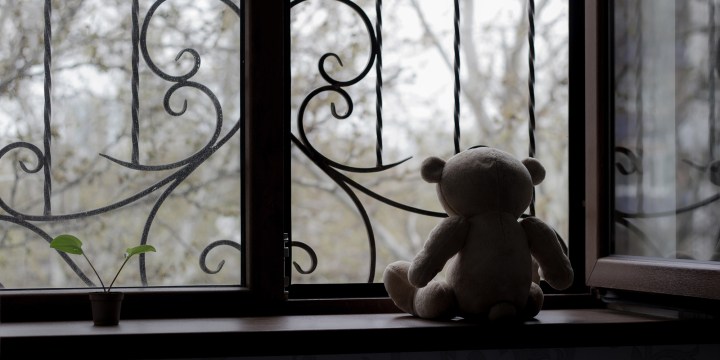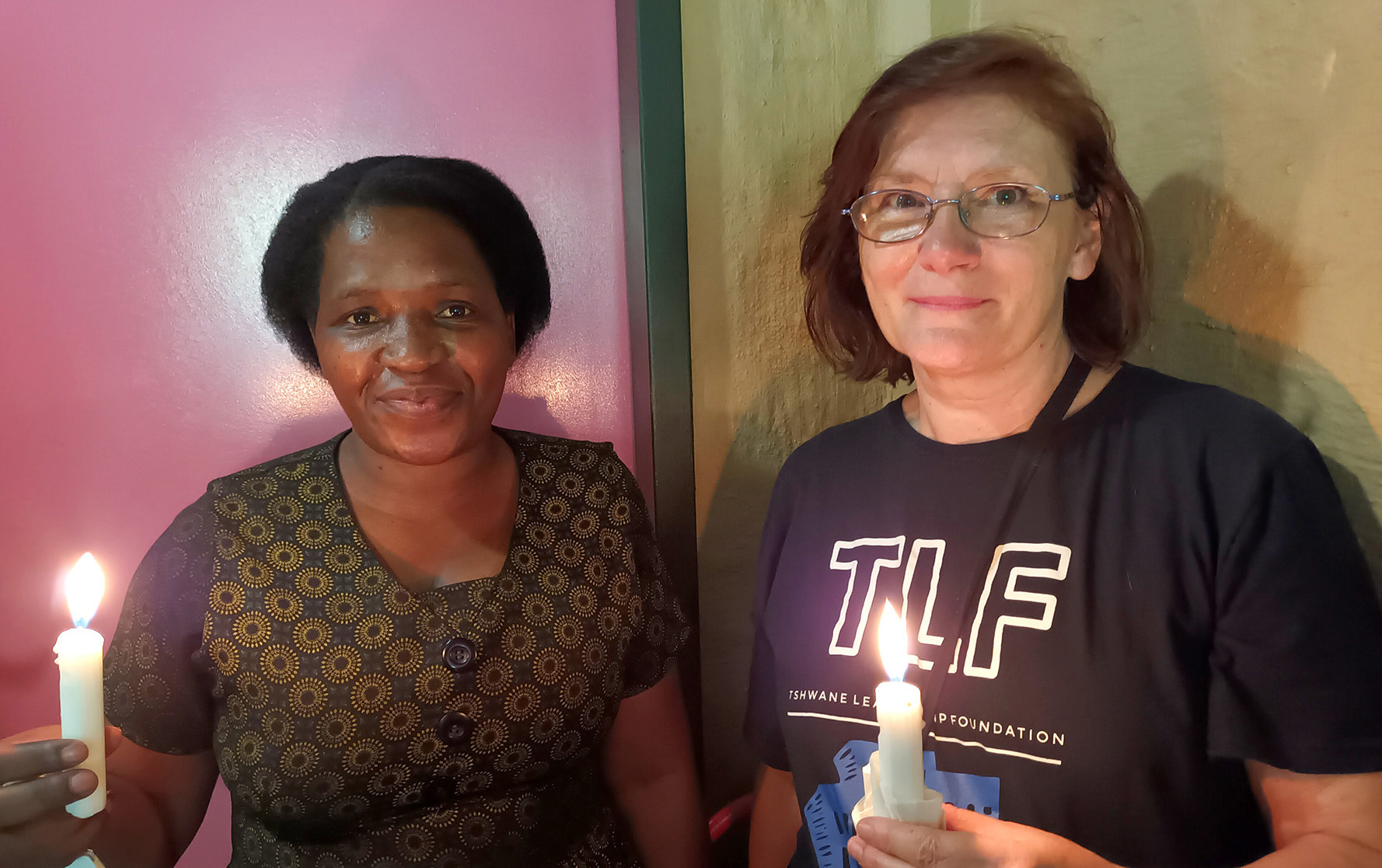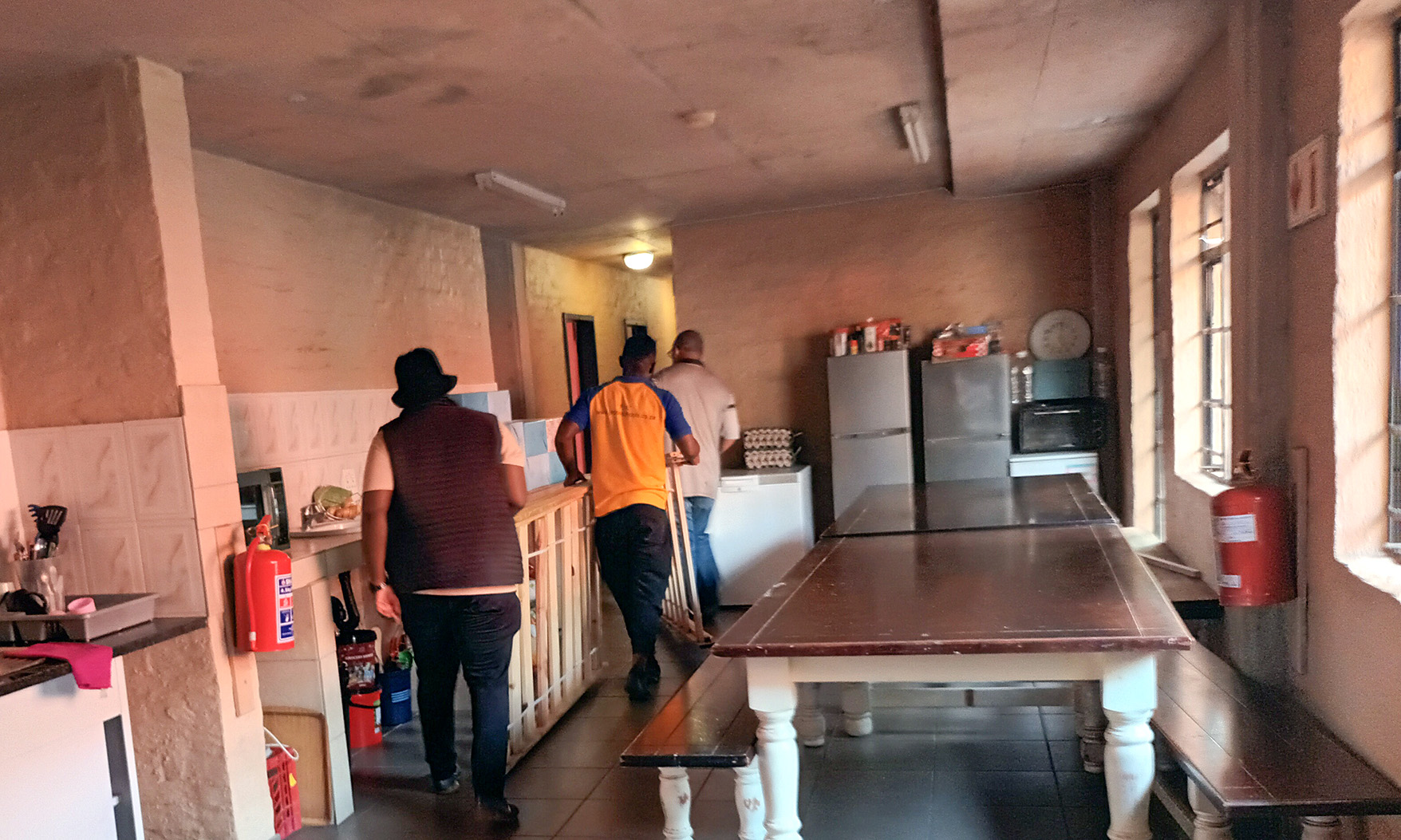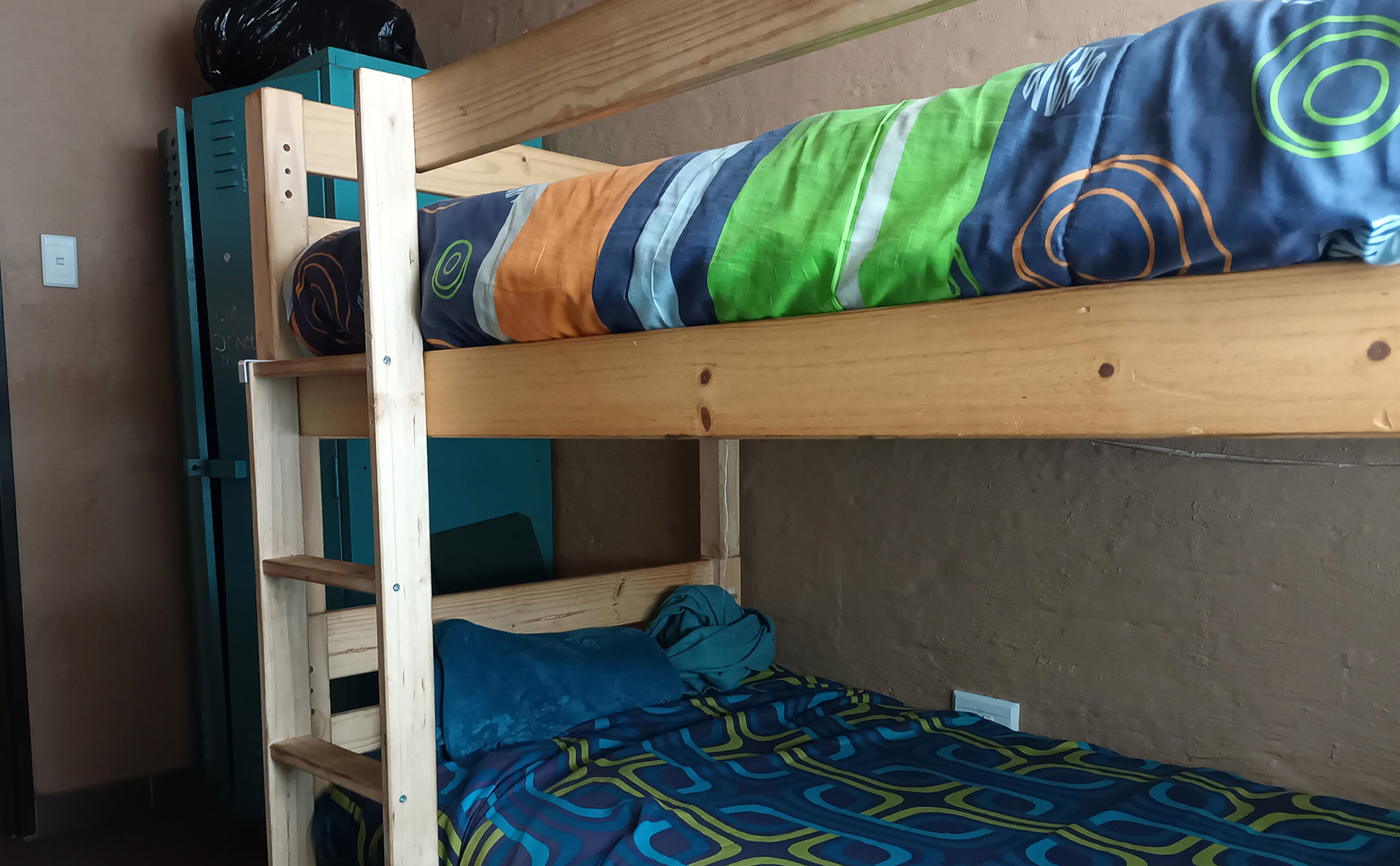LERATO HOUSE
Safe haven for abused girls in Pretoria faces closure after funds dry up

While many people are on holiday or making plans to celebrate Christmas, Elizabeth Mashego and the Tshwane Leadership Foundation are trying to stave off the looming closure of the Lerato House shelter for girls in Pretoria due to a lack of funds to support the children, many of whom are orphans or come from abusive homes.
It is a warm afternoon in Pretoria and congregants and friends of Lerato House are at the Congregational Church in Leyds Street to sing carols and think of ideas to save the shelter for girls. The shelter is one of the projects of the Tshwane Leadership Foundation.
The shelter has housed hundreds of girls over the 25 years of its existence and faced great challenges, but none more severe than in the past three or four years.
The shelter received funding from the Department of Social Development (DSD), but when it had to move after a bar was opened next door, its troubles began.

Elizabeth Mashego, manager of the Lerato House shelter in Pretoria, and Wilna de Beer, the CEO of Tshwane Leadership Foundation. (Photo: Naledi Sikhakhane)
The shelter moved to a house that could accommodate about 20 girls, in the suburb of Muckleneuk, but the house had not been rezoned. The shelter struggled to get a rezoning certificate and faced backlash from the community, who didn’t want the shelter in their neighbourhood, and in April the DSD revoked its funding due to non-compliance.
The shelter is now waiting for a health compliance certificate at its new accommodation so it can reapply for funding from the DSD.
The shelter has support from a wide range of good Samaritans who offer their expertise in areas such as psychiatric help and career advice, as well as providing tangible goods. But without the core funds from the DSD, the Tshwane Leadership Foundation and the house mothers are struggling to make ends meet.
The shelter houses 10 girls at Thusanang Centre at the Congregational Church. It costs R50,000 to R60,000 to take care of them monthly. Because of the stigma which abused, trafficked and prostituted girls face, schools in the immediate vicinity have rejected girls from the centre, so they have to attend schools in Atteridgeville and Soshanguve, which adds transport expenses of R800 a week for just four of the girls.
Thandi Sekobela*(41) was one of the first girls to be housed at Lerato House — in 1997 when she was 18 years old.

Volunteers help fix the premises to comply with health standards. (Photo: Naledi Sikhakhane)
“When I got here, I was reserved, a loner, I didn’t trust anyone, and thought hugs were weird. I got my first true love here. I had anger issues and the house mothers broke through that, and I learnt much.”
Sekobela is now a community outreach worker assisting young children on the streets who also are vulnerable to abuse, drugs and neglect.
“I try to let the girls know that you can still turn your life around, you can still get an education, you are worthy of love. I give them hugs because my life changed when I opened up to being embraced because of the trauma of how my own mother treated me.
“I was molested. My mother sold me to guys, burnt me with cigarettes and she would leave me for days, so I share this with the girls and try find them help. We always come and try squeeze some in Lerato House even though it’s tough right now.”
Visit Daily Maverick’s home page for more news, analysis and investigations
Sekobela says the holistic care at Lerato House sets it apart because education, spirituality and mental health are nourished. However, this requires money. The girls need transport money, uniforms and school fees. The biggest challenge is paying rent, electricity and water bills.
Lerato House manager Elizabeth Mashego says they negotiate with schools to subsidise the school fees. “If I have five girls in one school, I get a full bursary for two and we pay for the other three, so that is how we have kept our heads above water. We work with whatever charitable act and donation we receive.”
Mashego has three adopted children who have gone on to do great things, with one working for the United Nations. Another success story of Lerato House is a woman who works as a data analyst in Switzerland, and many are university graduates. Mashego says this is because Lerato House keeps girls until they are independent, so they are not exposed to abuse and precarious situations.

Each room houses two girls. There is minimal space in each room, but the girls who come from dire circumstances say Lerato House is a safe haven for them. Some have never had their own bed. (Photo: Naledi Sikhakhane)
Boitumelo Maphela* (16) fought back tears while sharing her story. She had to leave home this year after her stepfather physically assaulted her and threatened to kill her if she called the police. She did call the authorities and the case is pending. When asked how she feels being in Lerato House, her first word was “safe”.
“We are protected and I am happy. I get to focus on school — education is number one here,” said Maphela. In their modest rooms, they have just enough space for a double bunk, a single bed and a two-door locker. There are certificates for academic achievements on the walls of each room.
“They make sure we eat here and also mama Lizzie gives the best hugs,” Maphela said, giving a big smile.

The lounge caters for more than 10 girls. (Photo: Naledi Sikhakhane)
Mashego is a qualified civil engineer who felt called to guide and provide support to young people. After attaining her qualification in child and youth care she worked in a couple of shelters as a volunteer and in some, she witnessed children being mistreated.
“I adopted my girls when the Independent Living Programme [an initiative for girls older than 18 with nowhere to go] had to end because of [a lack of] funds, and I would cry thinking of the ill-treatment they might suffer in other places, so I took them.
“It would be heartbreaking if these girls would lose this home; some have bursaries they would lose if they had to go somewhere else,” said Mashego. DM/MC
*Names have been changed due to requests for anonymity and fears around personal safety.




















 Become an Insider
Become an Insider
Comments - Please login in order to comment.